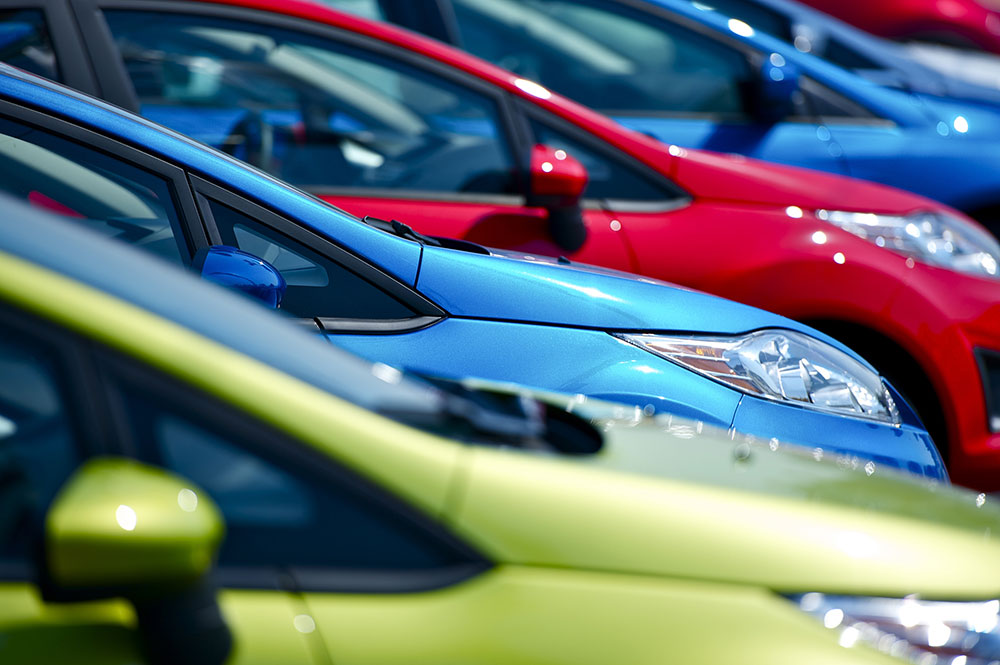The facts about car safety certificates

It is a common misconception that a Queensland safety certificate, what used to be known as a ‘roadworthy’, is a comprehensive mechanical inspection that ensures a vehicle is in a good, reliable condition.
In fact, it only covers certain specified items to confirm the vehicle meets the minimum basic safety standards.
It isn’t required to identify all defects and even with a valid certificate, other faults or major mechanical issues could be present.
So, when buying a used vehicle, a professional pre-purchase inspection remains a ‘must have’.
In Queensland, a current safety certificate is required when selling a registered car or other light vehicle up to 4,500kg GVM, a trailer or caravan with ATM 750kg–3,500kg, or a motorcycle.
Certificates are also required when transferring to Queensland registration from another state or territory, or when re-registering an unregistered vehicle.
The certificate must be obtained from an approved inspection station before disposing of the vehicle.
Since 1 September 2021 the requirement to obtain the certificate before offering the vehicle for sale has been removed, though you can still obtain one if you wish.
So, sellers can advertise the vehicle for sale including online, at a motor dealership forecourt, in traditional print media or on the vehicle itself, without holding a current certificate.
Once a buyer is found, the certificate will be required to transfer the registration or for the re-registration process.
When buying, make sure the certificate is valid and has enough time left on it to complete the transfer.
A safety certificate is only valid for a limited period and can only be used for one transaction within that timeframe.
For private sales that period is two months or 2,000km (whichever comes first) and for a dealer sale, three months or 1,000km (whichever comes first).
It’s the seller’s legal responsibility to obtain the certificate and complete any repairs necessary to obtain it.
Buyers should never agree to get their own safety certificate as any repair costs will become their responsibility.
A certificate is not required if the vehicle is sold/traded to a licensed dealer or is sold unregistered.
There are certain other limited exemptions such as remote areas and transfer between spouses.
Vehicles fitted with LPG (including caravans, and campers) will also require a current gas certificate.
Related topics
Things to note
The information in this article has been prepared for general information purposes only and is not intended as legal advice or specific advice to any particular person. Any advice contained in the document is general advice, not intended as legal advice or professional advice and does not take into account any person’s particular circumstances. Before acting on anything based on this advice you should consider its appropriateness to you, having regard to your objectives and needs.
Insurance Products (excluding Travel Insurance) are issued by RACQ Insurance Limited ABN 50 009 704 152 (RACQI) and arranged by its agent, RACQ Distribution Services Pty Ltd (RDS) ABN 35 116 361 650, AFSL 567130 and RDS' authorised representatives (including RACQ Operations Pty Ltd ABN 80 009 663 414, AR No. 234978 (RACQO). Conditions, limits and exclusions apply. RDS and RACQO are in the RACQ group of companies. One of the companies in the RACQ group of companies has a minority shareholding in RACQI.
RDS and RACQO have not taken your personal objectives, circumstances or needs into account when preparing advice regarding insurance products and you will need to consider whether the advice is appropriate for you. Read the Product Disclosure Statement (PDS) and any applicable Supplementary PDS before making a purchase decision on this product. You can also access our Target Market Determinations on this website. RDS receives a commission from RACQI for the policies it arranges. RACQO receives fees paid for services it provides to RDS. Further details about remuneration are available on request prior to purchasing.
Banking and loan products issued by Members Banking Group Limited ABN 83 087 651 054 AFSL/Australian credit licence 241195 trading as RACQ Bank. Terms, conditions, fees, charges and lending policies apply. This is general advice only and may not be right for you. This information does not take your personal objectives, circumstances or needs into account. Read the disclosure documents for your selected product or service, including the Financial Services Guide and the Terms and Conditions, and consider if appropriate for you before deciding.
Except for RACQ Bank, any RACQ entity referred to on this page is not an authorised deposit-taking institution for the purposes of the Banking Act 1959 (Cth). That entity’s obligations do not represent deposits or other liabilities of RACQ Bank. RACQ Bank does not guarantee or otherwise provide assurance in respect of the obligations of that entity, unless noted otherwise.
RACQ Bank subscribes to the Customer Owned Banking Code of Practice which establishes higher standards than the law requires. The Code reflects modern consumer expectations and developments in approaches to issues such as consumer vulnerability, guarantors, and supporting customers through financial hardship. Please read our Customer Owned Banking Code of Practice page for more information.
RACQ Operations Pty Ltd (ABN 80 009 663 414 AR 000234978) and Members Travel Group Pty Ltd (ABN 45 144 538 803 AR 000432492) are acting as an Authorised Representative of the issuer of the insurance, Tokio Marine & Nichido Fire Insurance Co., Ltd. (ABN 80 000 438 291 AFSL 246 548). Any advice set out above is general in nature only, and does not take into account your objectives, financial situation or needs. Before purchasing any travel products, please consider the RACQ Travel Insurance Product Disclosure Statement (PDS) and the Target Market Determinations (TMDs) that apply to these products. Whilst the PDS outlines the Terms and Conditions of these products, the TMDs outline the intended class of customers that comprise the target market for these travel products. This will allow you to consider which products best suit your objectives, financial situation and needs and consider the products appropriateness to your personal circumstances. TMDs also outline matters involving the distribution and the review of these products. The PDS, Supplementary PDS and TMDs for each travel product can be found here.
